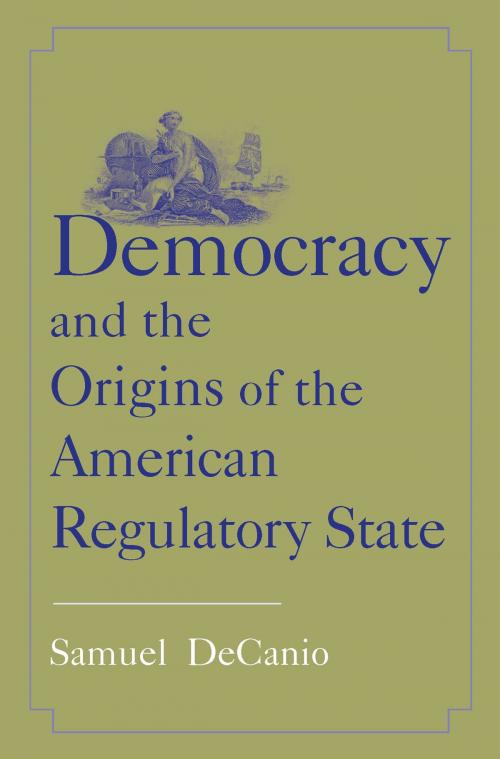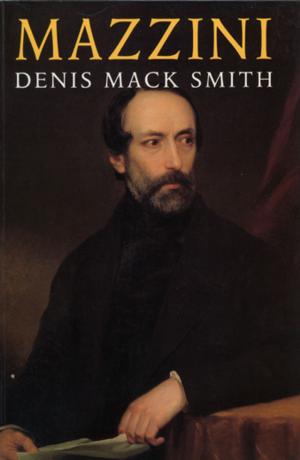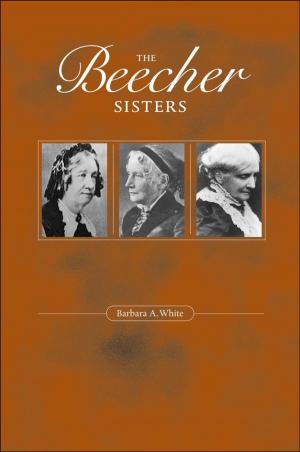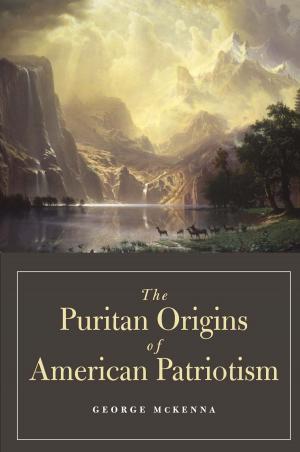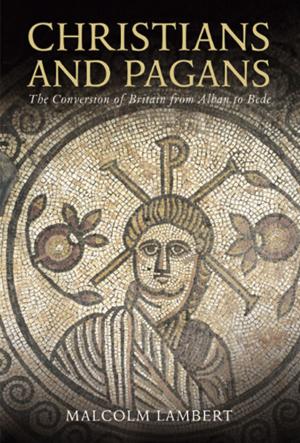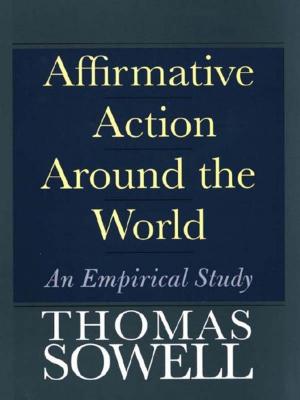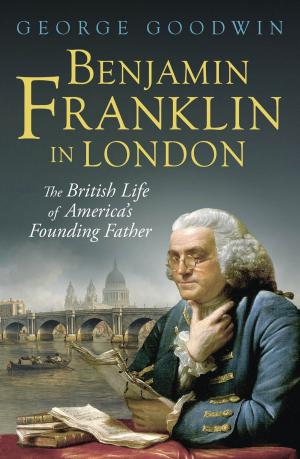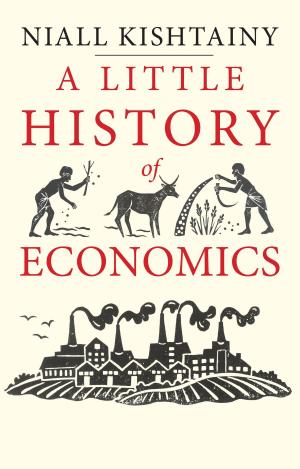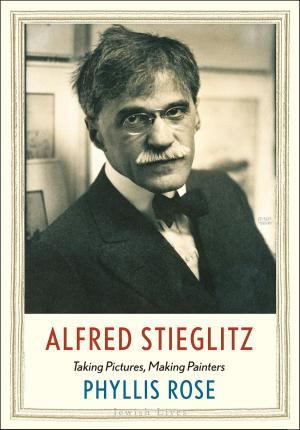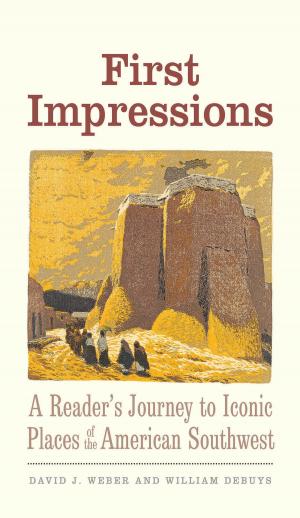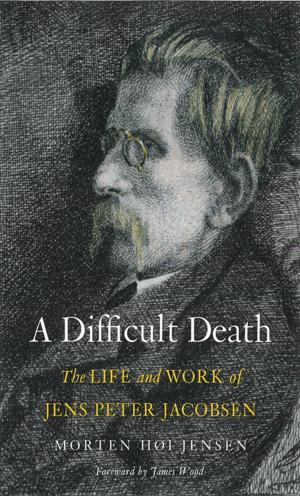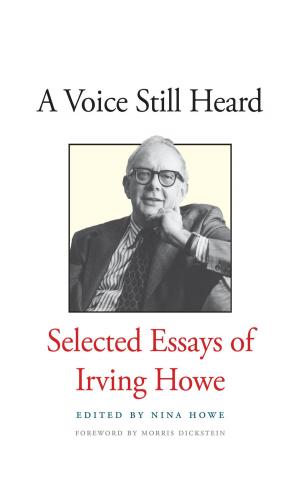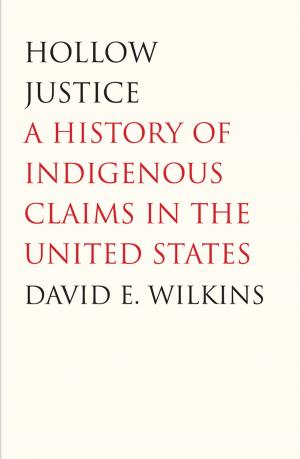Democracy and the Origins of the American Regulatory State
Nonfiction, Reference & Language, Law, Administrative Law & Regulatory Practice, Social & Cultural Studies, Political Science, Government, Democracy, History, Americas, United States| Author: | Samuel DeCanio | ISBN: | 9780300216318 |
| Publisher: | Yale University Press | Publication: | October 27, 2015 |
| Imprint: | Yale University Press | Language: | English |
| Author: | Samuel DeCanio |
| ISBN: | 9780300216318 |
| Publisher: | Yale University Press |
| Publication: | October 27, 2015 |
| Imprint: | Yale University Press |
| Language: | English |
Political scientist Samuel DeCanio examines how political elites used high levels of voter ignorance to create a new type of regulatory state with lasting implications for American politics. Focusing on the expansion of bureaucratic authority in late-nineteenth-century America, DeCanio’s exhaustive archival research examines electoral politics, the Treasury Department’s control over monetary policy, and the Interstate Commerce Commission’s regulation of railroads to examine how conservative politicians created a new type of bureaucratic state to insulate policy decisions from popular control.
Political scientist Samuel DeCanio examines how political elites used high levels of voter ignorance to create a new type of regulatory state with lasting implications for American politics. Focusing on the expansion of bureaucratic authority in late-nineteenth-century America, DeCanio’s exhaustive archival research examines electoral politics, the Treasury Department’s control over monetary policy, and the Interstate Commerce Commission’s regulation of railroads to examine how conservative politicians created a new type of bureaucratic state to insulate policy decisions from popular control.
